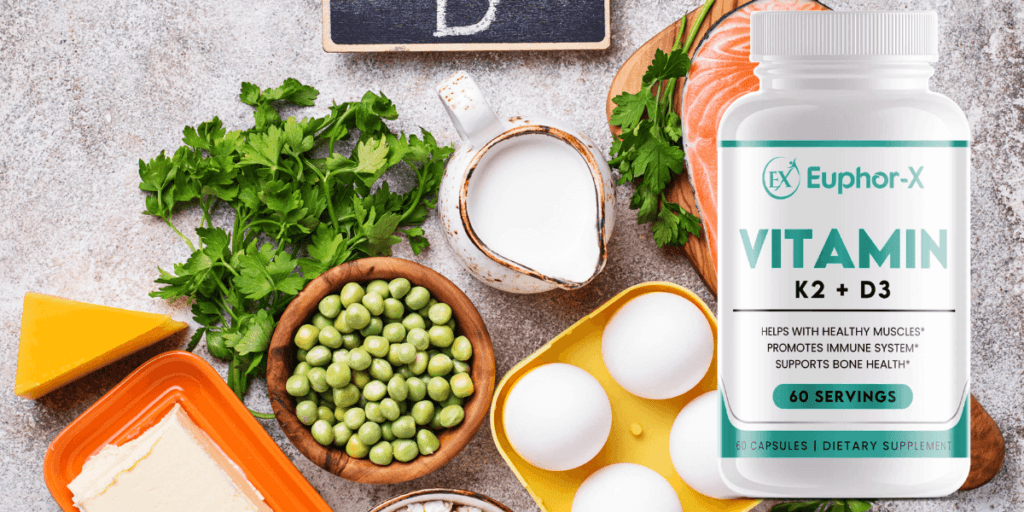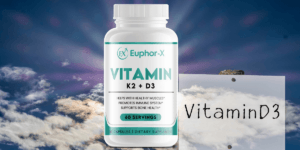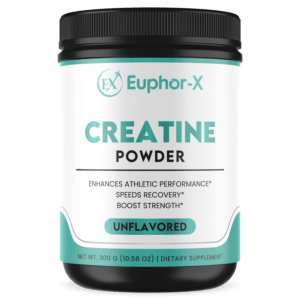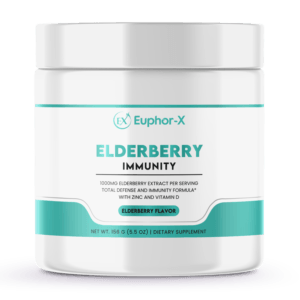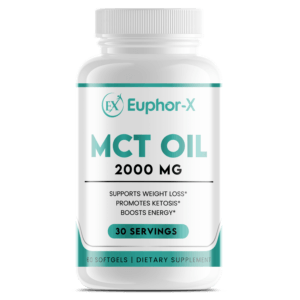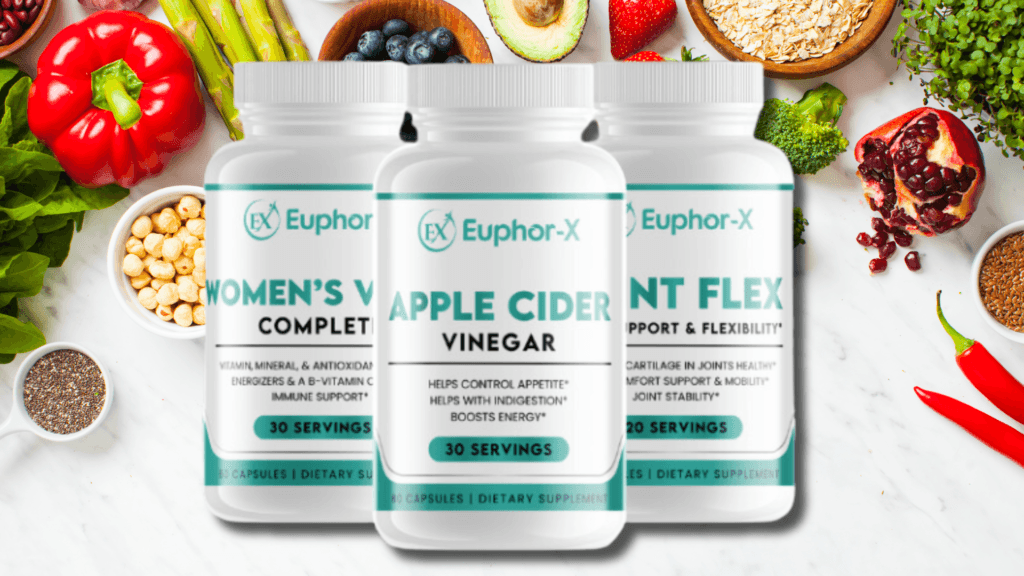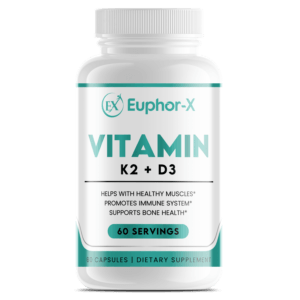Key Considerations You Need to Know for the Proper Vitamin K2 D3 Dosage
The human body needs a couple of essential vitamins to keep its health at an optimal level. In fact, a deficiency in these critical vitamins can lead to bone and bleeding problems, exhaustion, nausea, and, in extreme cases, even seizures. As a result, it is absolutely crucial to get an adequate vitamin intake of these essential nutrients—vitamin D3 and vitamin K2.
Whether you want stronger bones, more balanced calcium levels, or better heart health, numerous studies have shown the doses of vitamins can help. For this reason, getting the right vitamin K2 D3 is critical. But what is the correct dosage for you? Keep reading to find out.
Benefits of Vitamins D3 and K2
Optimal vitamin consumption is an easy and proven way to get the most out of your health, wellness, and overall functionality. As a result of the potential positive effects you can enjoy, it’s worth exploring to see how you can benefit from the proper vitamin K2 D3 dosage. Here are a few ways that getting the right vitamin K and vitamin D levels can help.
Better Bone Health
Vitamin D3 (also known as the sunshine vitamin) is responsible for efficient calcium absorption, which produces healthy bones. Conversely, sufficient levels of vitamin K allow your body to transport the calcium to the proper places within your system. As a result of this interplay between vitamins, your body gets the best from both worlds—the appropriate distribution and absorption of calcium.
- General Health
Vitamin K2 + D3
$29.97 — orRated 0 out of 5$29.97Original price was: $29.97.$26.97Current price is: $26.97. / month Add to cart
Improved Cardiovascular Health
Imagine having the energy to keep up with your kids, pursue a special passion project, or try a new hobby. These are aspects of living most people struggle to start (or maintain) because they simply lack “gas in the fuel tank.” However, it does not have to be this way. This is why cardiovascular health is critical.
And here’s where it gets interesting… Studies show that your cardiovascular health can be improved with sufficient levels of vitamin K and vitamin D. As a result of these fat-soluble vitamins, you can enjoy better heart health and keep up with your family and life.
Stronger Immune System Support
Picture this: You’re jolted awake at night by the gnawing pain of infections and joint aches. You’re plagued by chronic colds that are accompanied by chills and fevers. Digestive problems, abdominal cramps, and fatigue become your constant companions. Now, of course, this may be an exaggeration; however, these are all potential symptoms of a compromised immune system.
What’s more, a weakened immune system is often the result of insufficient vitamin D and vitamin K intake. For this reason, ensuring you receive the correct vitamin K2 D3 dosage could be a critical factor in strengthening your immune system and preserving your health.
Better Calcium Metabolism
Calcium metabolism is, simply put, the regulation of calcium within your body. It includes factors such as diet, kidneys, bones, hormones, and more. All of these variables work in unison to absorb and deliver calcium throughout your system. And the right doses of vitamin K and D can help facilitate this process by aiding with calcium balance and distribution.
Other benefits of better calcium metabolism include:
Thicker bone density
Aids in the blood clotting process
Regulates blood pressure
Better mood regulation
Improves long-term mobility
Vitamin K and vitamin D work to improve your body’s overall functionality and longevity. As a result, they play a key role in helping to produce strong bones, better cardiovascular health, and faster inflammatory response to injuries.
Understanding Vitamin K
Vitamin K is an essential component for your body’s calcium balance. Moreover, it helps distribute calcium throughout your system to the right areas for better bone health and stronger bone production. As a result, having a better understanding of vitamin K can be useful in motivating us to ensure we’re getting optimal vitamin K intake.
Here is how vitamin K can support your system’s overall health and wellness.
Functions in the Body
Vitamin K is typically referred to as the clotting vitamin. Getting the right intake of Vitamin K plays a key role in helping your liver produce clotting factors, which assist with blood clots. Vitamin K deficiency may produce excessive bleeding in your system, resulting in adverse effects such as exhaustion, dizziness, and even shortness of breath.
Involvement in the Calcification Process
Calcification is the process of calcium buildup in the body. The truth is that calcium deposits can accumulate and form throughout your system, including your soft tissues, organs, and even arteries. While calcium deposits can sometimes be pretty harmless, other times, they can be an indicator of a severe health condition. What’s more, depending on many factors, you may or may not show any signs or symptoms.
The Synergistic Effects of D3 and K2
When you have the right vitamin K2 D3 dosage, it creates a synergistic interplay that supports your body’s health, wellness, and functionality. As a result, the appropriate vitamin K and vitamin D levels are essential for your overall well-being.
Potential Benefits of Combination
The right vitamin D intake combined with the necessary amounts of vitamin K can produce a wide range of effects. Some of the potential benefits include the following:
Improved sports performance
Better cognitive health
Osteoporosis prevention
Reduction of anxiety and depression
Proper mood regulation
Better immune health and more
Of course, despite the possible health benefits, it’s important to note that the right vitamin K2 D3 dosage does not replace a healthy diet and active lifestyle. You still must adhere to the basics of quality living in order to support your overall health and well-being.
Research Insights and Proven Findings
Experimental models of vitamin D and K interactions and how they support wellness are ongoing. However, research suggests that vitamin D strengthens vitamin K-dependent concentrations of bone protein and may facilitate bone formation.
And aside from bone health, vitamins D and K can also improve cardiovascular health. As a result, this subject is receiving more attention from researchers.
Optimal Dosage and Safety Considerations
Getting the right vitamin K2 D3 dosage is important.
There is little evidence to support that too much vitamin K2 is dangerous. Excess vitamin D does have some potentially adverse effects. For example, hitting the upper limit of your vitamin D intake can lead to calcium accumulation in your bloodstream, causing nausea, fatigue, and frequent urination.
This is known as vitamin D toxicity.
Recommended Daily Allowances
Unfortunetly, there is no cookie cutter or one-size-fits-all approach daily recommended vitamin intake. Everyone has different needs. As a result, the amount will vary and will almost always be on a case-by-case basis.
However, a rule of thumb regarding a recommended daily vitamin D intake is around 400 international units (IU) for kids up to 12 months old, 600 IU for those between 1 to 70 years, and 800 IU for individuals older than 70 years.
Safety and Side Effects
Many elderly people have a daily intake practice of vitamin D and calcium as it aids in fall prevention, protecting against broken bones and fractures. Vitamin D supplementation facilitates the production of 1,25 dihydroxyvitamin (the active form vitamin D hormone that’s also responsible for many of its effects.
As a result, long-term vitamin D supplementation may assist with producing large quantities of vitamin K-dependent proteins. However, if concentrations of vitamin D are perpetually high too often, it may limit or hinder the activation of vitamin K-dependent proteins.
For this reason, excess vitamin D can compromise vitamin K-dependent proteins’ ability to function correctly, facilitate bone mineralization, and slow soft tissue calcification.
Sources of Vitamins D3 and K2
To experience the effects of vitamins, you can get your recommended intake from numerous sources. Be sure to consult with your healthcare provider before making changes to your diet or attempting to increase or lower your vitamin intake levels.
Dietary Sources
Vitamin D doesn’t naturally occur in many food options. However, there are some foods that do produce it. Dairy products can be an excellent dietary supplement for your recommended daily vitamin D intake. These can include milk, cheese, and yogurt. Other foods that can serve as vitamin D supplements include fish, cold liver oil, orange juice, and even mushrooms.
All of these are excellent sources of vitamin D. And, of course, you can also receive vitamin D by getting ample sun exposure. Vitamin K, on the other hand, can be obtained from leafy greens, vegetables, and meat products such as ground beef and chicken.
Supplementation Options
Another way to get your recommended vitamin K2 D3 dosage is through supplementation. Vitamin K2 with vitamin D3 creates a biological weapon that protects your health and wellness. As a result, it’s worth considering your options when it comes to supplementing these essential nutrients if you are unable (or it’s too inconvenient) to get them naturally.
For this reason, many supplement options are available to ensure you get your recommended dosage.
Practical Guidance on Supplementation
Some general tips and best practices for supplementation can go a long way. As a result, it’s important to consider a few simple guidelines. will ensure you’re taking the right kinds of supplements at the right times and for the right reasons.
Tailored Scenarios for Different Needs
People have a wide range of symptoms that may be the result of poor vitamin supplementation. From vascular calcification and excess calcium to the formation of kidney stones, you never know what could be causing the need for correct vitamin intake. What’s more, it will be different for each person.
That’s why it’s critical to consult with your doctor (instead of Google) about what your issue is and the possible solution that could resolve it.
Tips for Selecting Quality Supplements
Boosting your vitamin K or vitamin D status means you need quality supplementation.
The problem is that there are many substandard products on the market. In fact, many manufacturers lace their products with additives and fillers that don’t do much for your well-being (and could even be harmful in some instances).
For this reason, we produce quality supplementation products that support your health and vitality. Here are some best practices to follow when selecting quality supplements:
Check for third-party certifications
Avoid supplements with ingredients such as colorings, sugars, or complexes
Be sure the product isn’t expired
Only purchase from reputable and trustworthy brands
Scour reviews and testimonials
Any quality supplementation of vitamins should cover these bases. So, whether you’re looking for a form of K2, vitamin D2, or any other supplemental vitamin, these simple best practices will ensure you find the best product possible for your needs.
Conclusion
Clinical trials have proved that a healthy, normal range of supplemental vitamin consumption can contribute to well-being and functionality. It helps with calcium balance, body tissue health, and more. And any prospective study will tell you that.
Moreover, at Future Fitness Training, we’re here to help you guide through this often confusing process. If you’re curious about your health status, contact us today for a free fitness assessment.

